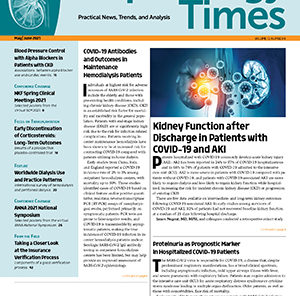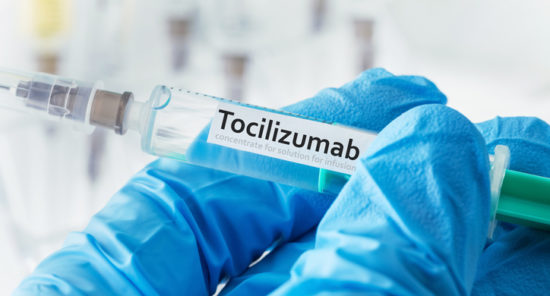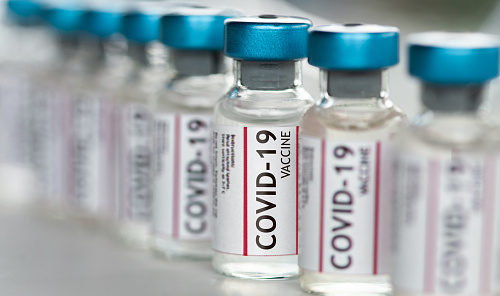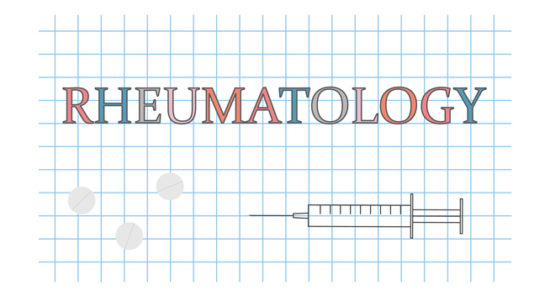Patients with autoimmune diseases may be at a greater risk for COVID-19, possibly due to glucocorticoid use, while certain antirheumatic drugs may lower the risk of severe disease, according to a study.
“Patients with autoimmune diseases (ADs) are frequently treated with immunosuppressive or anticytokine drugs, which raises concern for infectious complications, placing patients and physicians at a crossroads with respect to continuation or cessation of these disease modifying therapies,” the study authors explained.
In two recent studies, researchers have analyzed international registries of patients with inflammatory bowel disease or rheumatic diseases diagnosed with COVID-19, concluding that in patients with autoimmune diseases—as with the general population—age and comorbidities adversely affect COVID-19 outcomes. Both studies found that glucocorticoids were associated with poor clinical outcomes in COIVD-19, while antitumor necrosis factor (TNF) therapies appeared to reduce the risk of hospitalization. However, these studies were small in sample size.
For the present study, researchers queried electronic databases for relevant observational and case-controlled studies, which they stratified by medication: glucocorticoids, conventional synthetic disease-modifying antirheumatic drugs (csDMARDs), and biologic or targeted synthetic DMARDs (b/tsDMARDs); DMARDs were further categorized by monotherapy and b/tsDMARDs–csDMARDs combination therapy.
Autoimmune Disease Medication May Impact Hospitalization, Mortality Risks
Among 62 observational studies with 319,025 total patients with autoimmune diseases, the COVID-19 prevalence was 0.011 (95% confidence interval [CI], 0.005-0.025). A meta-analysis of seven case-controlled studies observed a significantly increased risk for COVID-19 in patients with autoimmune diseases than controls (odds ratio [OR]=2.19; 95% CI, 1.05-4.58; P=0.038). A meta-regression analysis yielded a significant correlation between glucocorticoids and COVID-19 risk.
A clinical outcomes assessment was performed with data from 65 studies encompassing 2,766 patients with autoimmune diseases diagnosed with COVID-19. The hospitalization rate was 0.35 (95% CI, 0.23-0.50), and the mortality rate was 0.066 (95% CI, 0.036-0.12). Glucocorticoids, csDMARDs, and b/tsDMARDs–csDMARDs combination therapy all appeared to elevate the risk for both hospitalization and mortality, while b/tsDMARDs (notably anti-TNF agents) alone reduced both risks.
The study was published in Annals of the Rheumatic Diseases.
The researchers concluded that “b/tsDMARDs monotherapy, especially anti-TNF monotherapy, was associated with reduced risk of severe disease. Our meta-analysis provides evidence that b/tsDMARDs monotherapy can be safely used during the pandemic.”
A similar study published in the same journal in August observed a correlation between connective tissue disease and more severe illness outcomes in hospitalized COVID-19 patients. This study stratified patients by rheumatic (n=456) and non-rheumatic (n=456). Logistic regression analysis found that the factors independently associated with severe COVID-19 disease were increased age (OR=4.83; 95% confidence interval [CI], 2.78-8.36), male sex (OR=1.93; 95% CI, 1.21-3.07), and connective tissue disease (OR=1.82; 95% CI, 1.00-3.30).
Credit: Original article published here.










